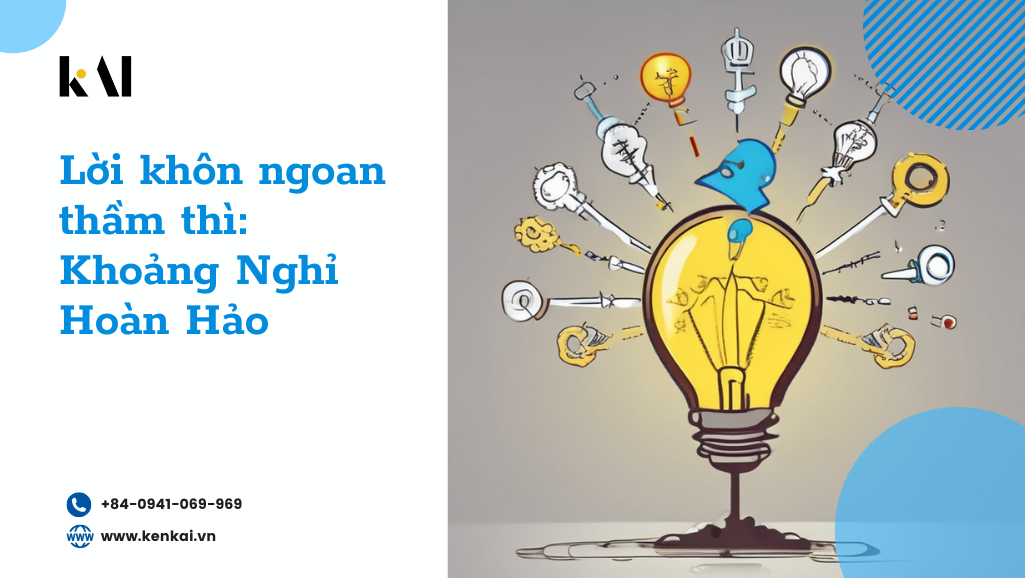
Tiny Thoughts
Vietnamese Version: https://kenkai.vn/giao-duc/loi-khon-ngoan-tham-thi-khoang-nghi-hoan-hao/
*
You have just six seconds to capture someone's attention — but if you interest them, you earn another twenty to thirty seconds.
Practically, this means you have about thirteen words to hook them and another thirty to forty to deliver your most compelling information.
If your email exceeds 100 words, allocate your editing time wisely: dedicate 40% to perfecting the first sentence, 40% to refining the next 2-3 sentences, and just 20% to polishing the remainder.
**
The Power of the Perfect Pause
The quietest person at a dinner party often leaves with a reputation for brilliance, while others talk themselves into corners.
You see it in boardrooms too - the executive who tilts her head thoughtfully during presentations, somehow radiating wisdom without speaking a word. Even therapists build their practices more on artful silences than clever words.
The wisest among us have learned that saying nothing often says everything.
***
It can be hard to appreciate how much a little extra makes a big difference.
Making five extra calls a day may seem small, but do that for a month, and you'll have made 100 extra calls. Work an extra hour a day because you don't go out partying with your friends, and you've got 6 weeks of work in a year over your colleagues. That's six extra weeks of learning.
While those seem obvious, there are more subtle ways this applies as well. The person who goes out drinking the night before is sluggish at work. They might be present, but they're operating at 75%. If you're operating at 100%, that's a 25% difference.
When you consistently do more, the returns compound dramatically. Like superlinear growth curves, each extra bit of effort builds on previous overperformance. The key is that extra effort compounds - just as doing a bit less daily leads to compounding underperformance.
What looks like a small delta day-to-day becomes massive over months and years.

Insights
*
Alexandr Wang on effort:
"I have never seen ordinary effort lead to extraordinary results."
**
Charles F. Kettering on talking vs doing:
"Theorizing is not nearly as effective as trying."
***
J.Paul Getty on dealing with setbacks:
"Crises, setbacks, obstacles—these will certainly be met by any executive in the course of his career. The measure of a person in such circumstances is not only how they cope with adversity, but also how they turns it to their advantage.
Business is always a battle—for sales, improvements, efficiency—and an executive must lead very much as a general would to win.
"
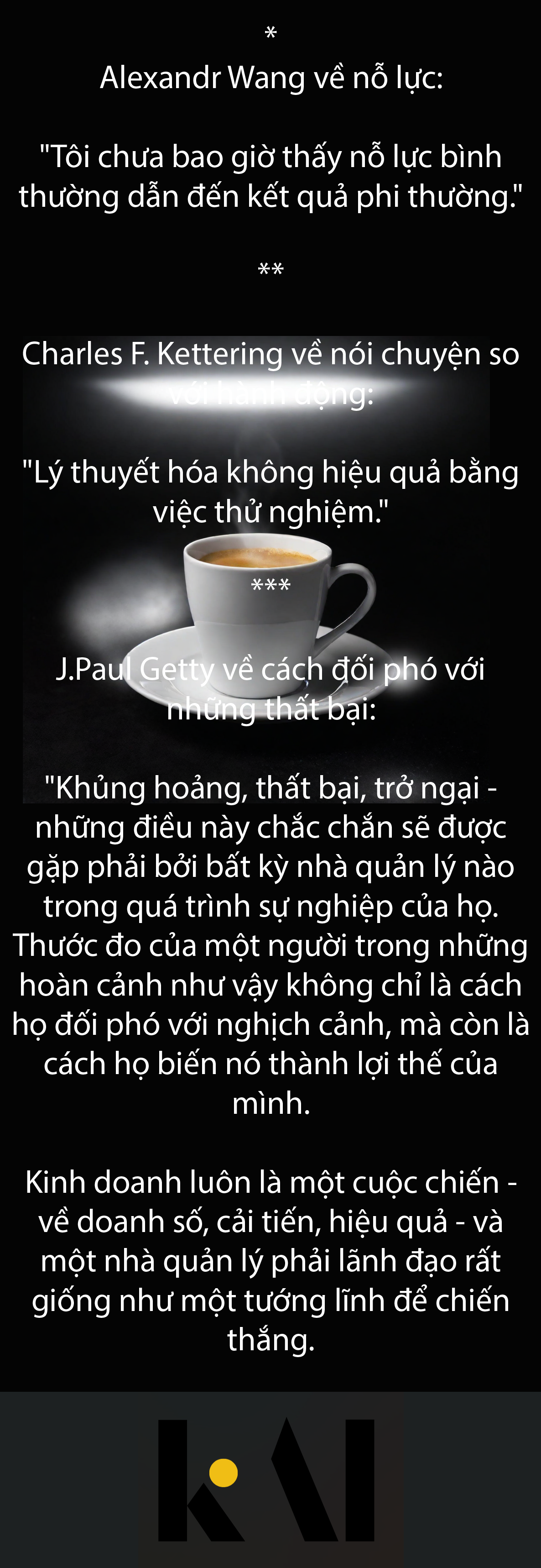
Mental Model of the Week
V2 | Physics | Velocity
Velocity is the great differentiator, distinguishing the stagnant from the swift.
In physics, velocity is a fundamental quantity, a key variable in the equations that describe the behavior of everything from subatomic particles to galaxies. It’s the v in the formulas of motion, the arrow that points the way from here to there.
Velocity is also a metaphor for life. Consider it the rate at which we learn and grow, the speed at which we innovate and create, and the focus with which we pursue our goals.
Velocity challenges us to think about what we can do to put ourselves on the right trajectory, to find a balance between mass and speed to move toward our goals. The ability to set a direction, improve your tactics, and adjust to new information becomes paramount.
Velocity isn’t just about raw speed. Direction matters as much. A car moving at high speed in circles goes nowhere, while a slow, steady walk in a straight line can cross continents.
Velocity is progress. Sometimes progress comes from adding more force, and sometimes, progress comes from removing friction. Once you have a destination, you can improve your velocity by working harder and eliminating things that aren’t contributing toward reaching that goal.
— Source: The Great Mental Models v2: Physics, Chemistry, and Biology






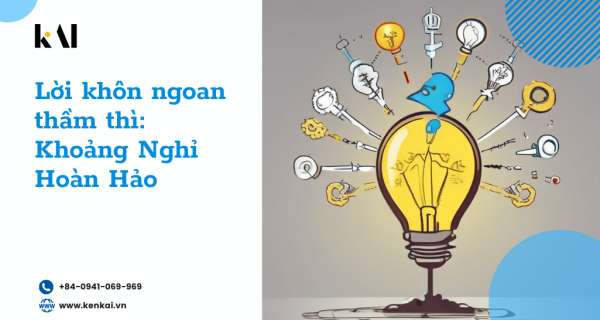

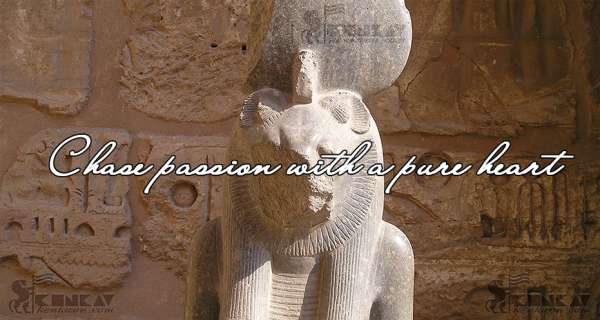




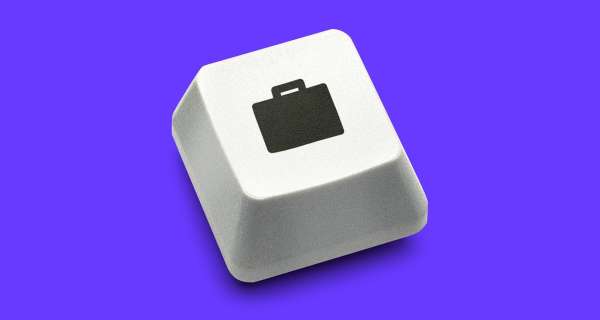
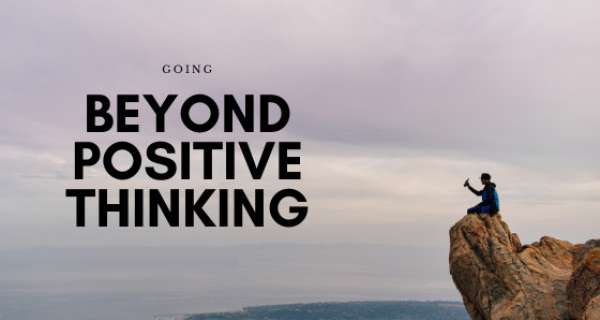



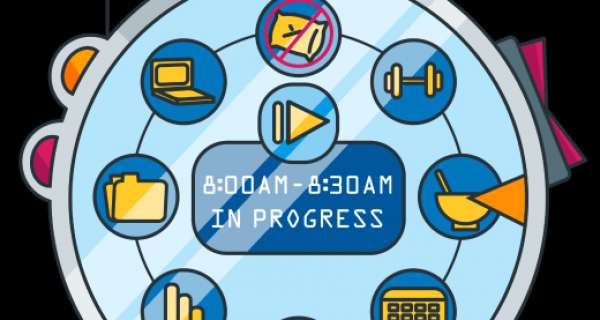

0 Comments